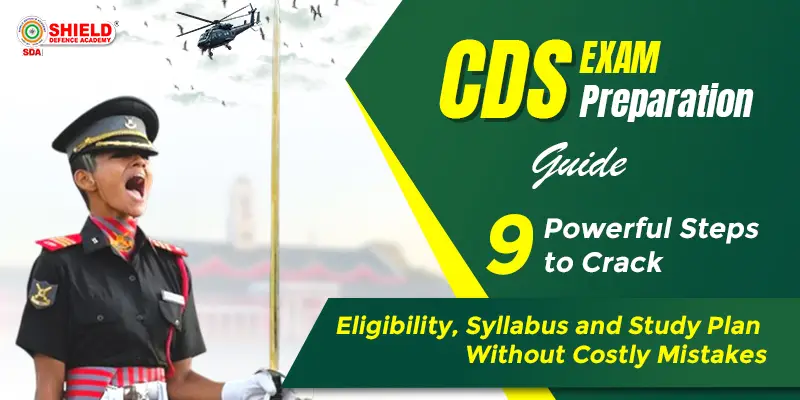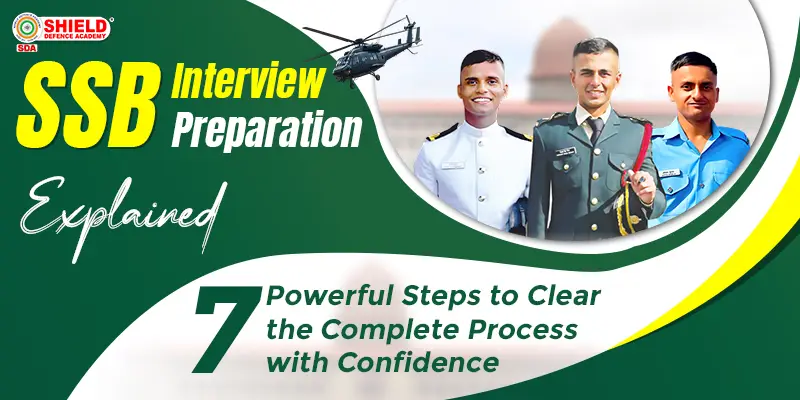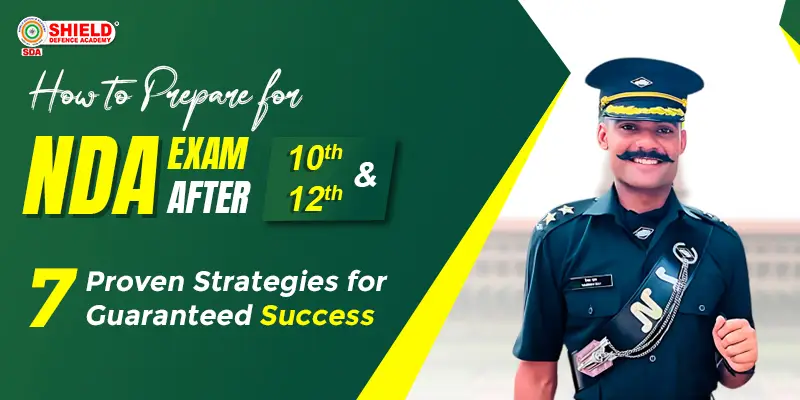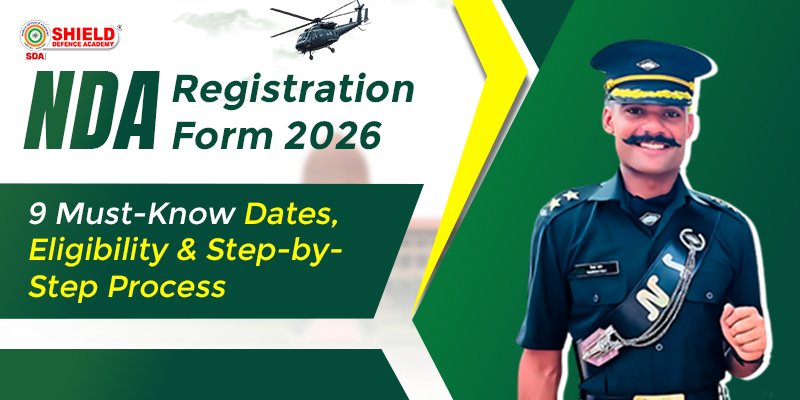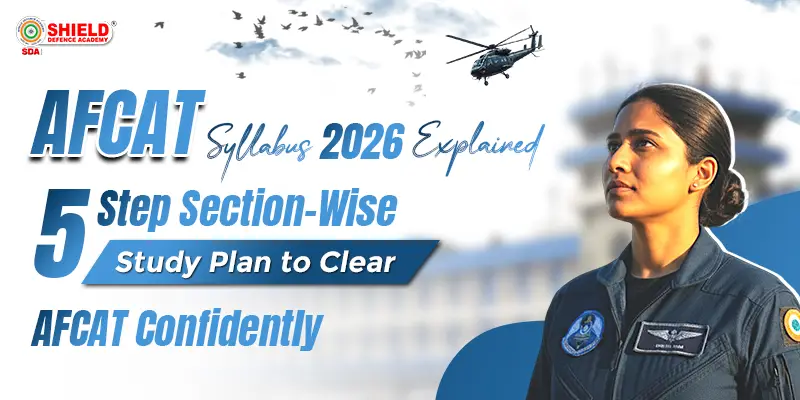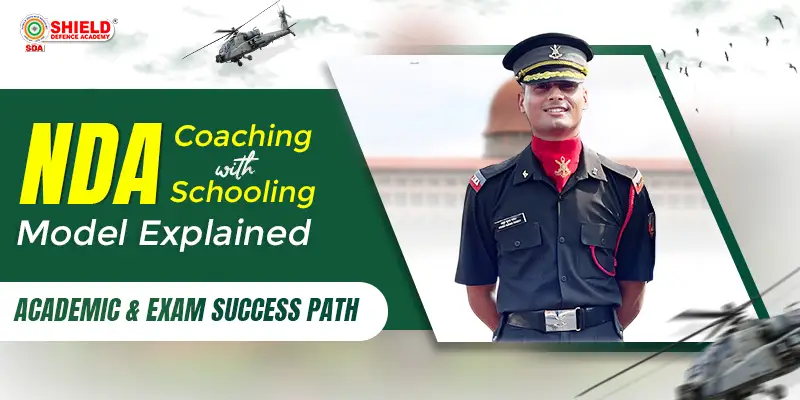SSB Interview Rejection Reasons Why Good Candidates Often Fail
The SSB interview is a gateway to one of the most prestigious careers in India – joining the Indian Armed Forces. But what baffles many is why seemingly good candidates — with excellent academics, top fitness, and passion — often walk away with a rejection.
Let’s dive into the most honest, human, and practical explanation of this paradox. This guide by Shield Defence Academy, a leader in defence coaching, will help you decode the SSB Interview Rejection Reasons and prepare you for success.

Understanding the SSB Interview
What is the SSB Interview?
The Services Selection Board (SSB) Interview is a five-day personality and intelligence evaluation process conducted for the selection of candidates into the Indian Armed Forces.
Stages of the SSB Process
-
Day 1: Screening Test (PPDT & OIR)
-
Days 2-4: Psychological Tests, GTO Tasks & Personal Interview
-
Day 5: Conference Round
Qualities Assessed in SSB
The assessors look for 15 Officer Like Qualities (OLQs), including leadership, social adaptability, initiative, reasoning ability, and effective intelligence — not just academic excellence.
Common SSB Interview Rejection Reasons
1. Lack of OLQs
Many candidates simply do not exhibit the required OLQs, or they fake them, which gets noticed easily.
2. Overconfidence or Underconfidence
Appearing too arrogant or too meek are both red flags. A balanced and natural personality is ideal.
3. Poor Communication Skills
You may have all the knowledge, but if you can’t express your thoughts clearly in GDs or interviews, it reflects poorly.
4. Lack of Self-Awareness
When candidates fail to explain their own life choices, strengths, and weaknesses — it signals a lack of maturity.
5. Inconsistency in Personality
If your story in the psychological test, interview, and GTO are drastically different — the assessors detect inconsistency.
Stage-Wise Breakdown of Rejection Causes
🧠 Stage 1 – Screening Test
-
PPDT: Creating an unrealistic or confused story is a common blunder.
-
Narration/GD: Speaking too much or staying silent shows lack of team sense or confidence.
🧠 Stage 2 – Psychological Tests
-
Thematic Apperception Test (TAT): Writing dark or impractical stories signals emotional instability.
-
Word Association Test (WAT): Repeating memorized responses backfires.
-
Situation Reaction Test (SRT): Giving impractical or aggressive responses is a no-go.
🏃 Stage 3 – GTO Tasks
-
Group Tasks: Trying to show off or not contributing at all can both get you rejected.
-
Obstacle Tasks: Low physical stamina and lack of initiative reflect poorly.
👨💼 Stage 4 – Personal Interview
-
Mugged-Up Answers: Telling rehearsed stories is obvious.
-
Dishonesty: Trying to hide academic gaps or failures is detected quickly.
-
Lack of Awareness: Not knowing current affairs or your own hobbies is a red flag.
🏁 Stage 5 – Conference Round
-
The final impression matters. If your performance was average and inconsistent, this is often where rejection happens.
Hidden and Subtle Reasons Why Good Candidates Fail
Trying Too Hard
Desperation is visible — overattempting to appear “ideal” backfires.
Mimicking Others
Trying to copy the answers or behavior of successful candidates instead of being authentic ruins your chances.
Misunderstanding Assessors
Assessors don’t want perfect robots. They want genuine, trainable individuals with potential.
Psychological and Personality Factors
Emotional Instability
Frequent mood changes, poor reaction under pressure — big rejection factors.
Lack of Adaptability
Rigid thinkers who can’t adjust to team dynamics struggle.
Defensive Attitude
Being argumentative when questioned or not accepting faults shows immaturity.
Role of Coaching – How Shield Defence Academy Helps
Shield Defence Academy focuses on creating real transformation in candidates through:
Personalized Mentorship
You’re trained according to your strengths and weaknesses.
Real-Time GTO & Interview Practice
Mock drills simulate real SSB conditions.
Psychological Test Strategy
Learn how to express your true thoughts effectively and confidently.
Communication and Awareness Building
Regular current affairs sessions, GD practices, and self-introduction exercises build confidence.
Key Tips to Avoid SSB Interview Rejection Reasons
-
Don’t memorize; understand your life and express it clearly.
-
Read newspapers and develop opinions.
-
Record yourself and work on communication.
-
Join a serious coaching program that focuses on SSB-specific skills.
Success Stories from Shield Defence Academy
We’ve had many candidates who failed 2–3 times earlier, but after joining Shield, they got recommended. The secret? Authentic training, honest feedback, and personalized grooming.
Final Checklist Before Going to SSB
✅ Regular physical exercise
✅ Updated with daily news
✅ Practice mock GDs
✅ Know your PIQ thoroughly
✅ Be honest and confident in who you are
Conclusion
Rejection in the SSB doesn’t always mean you’re not good. It simply means you didn’t match the mindset of the Armed Forces at that moment. The process is tough, but so is the life of an officer.
The SSB Interview Rejection Reasons often lie in subtle aspects like attitude, self-awareness, and natural behavior. Shield Defence Academy helps you unlock these areas with expertise, giving you a genuine shot at recommendation.
FAQs
1. Why do candidates with good academics get rejected in SSB?
Because SSB doesn’t just assess academic intelligence — it evaluates personality, decision-making, and leadership under stress.
2. How can I avoid common SSB Interview Rejection Reasons?
Be natural, self-aware, and consistent. Avoid faking your personality and focus on expressing your real self with clarity.
3. Does coaching really help in cracking SSB?
Yes, if it’s genuine like at Shield Defence Academy — where focus is on developing the candidate holistically.
4. What qualities are SSB assessors actually looking for?
They look for the 15 Officer Like Qualities (OLQs), especially integrity, team spirit, initiative, and clarity of thought.
5. Is it possible to succeed in SSB without coaching?
Possible, but rare. Most successful candidates either have mentorship or structured preparation — especially for GTO and psych tests.

